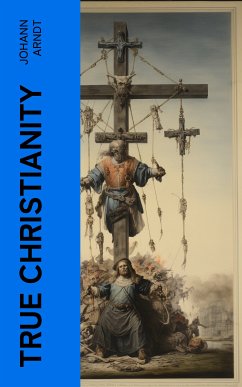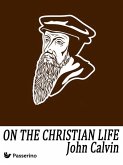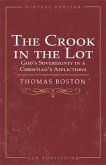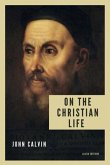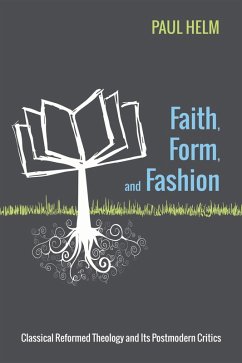True Christianity is one of the first and most important works displaying the protestant view on Christianity. In the 18-the century, it was one of the most-read religious books in Europe and America, where it was brought with pilgrims. In the preface to this book, it is stated that Arndt "is waging war on two fronts: on one front, against the noticeable decay of a self-conscious Christian society held in suspense... and on the other front, against the disputations of an orthodoxy so concerned to protect its purity that the experience of faith and the living signs of the imitation of Christ... had become at least suspect and at most relegated to a place of secondary importance."
Dieser Download kann aus rechtlichen Gründen nur mit Rechnungsadresse in A, B, BG, CY, CZ, D, DK, EW, E, FIN, F, GR, H, IRL, I, LT, L, LR, M, NL, PL, P, R, S, SLO, SK ausgeliefert werden.

